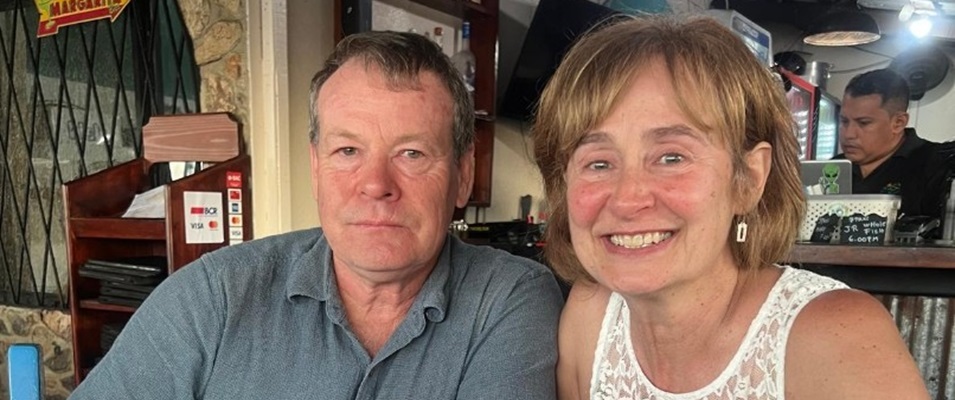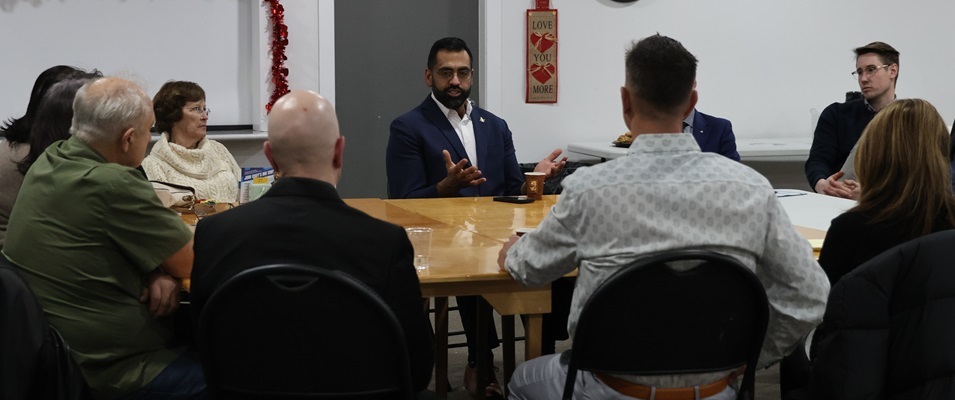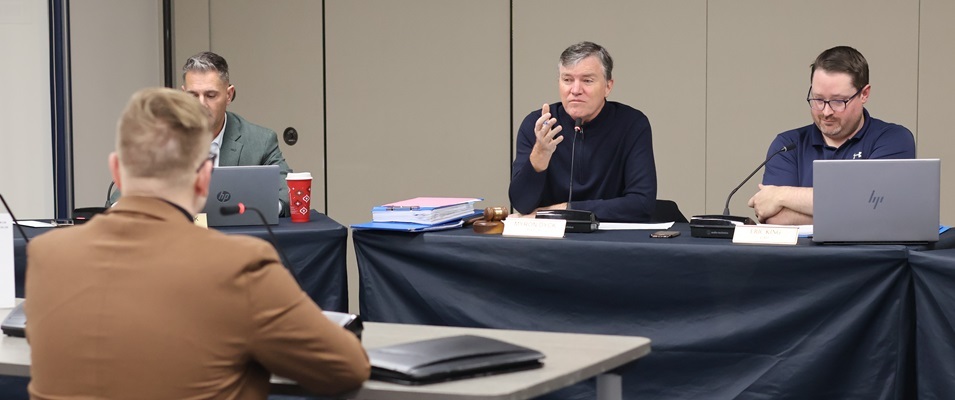
If you’ve ever attended the Niverville Olde Tyme Country Fair, or virtually any other southern Manitoba festival, you’ll be familiar with Wonder Shows, a travelling carnival company. Thanks to a recent move from the federal government, however, its owner says 2024 may have been the last hurrah for operations like his.
Effective September 6, the federal government says they are turning down applications to bring over temporary foreign workers in areas where the jobless rate is six percent or higher.
This will make it more difficult for businesses to rely on cheap labour sourced from outside the country. The hope is that it will expand opportunities for the local labour pool.
But according to Wonder Shows owner Ken Kiernicki, the problem, at least in his business, is with the local labour pool, not in his disinterest in hiring local.
For more than 60 years, Wonder Shows has been delivering thrills. For a lot of those years, Kiernicki has been involved in the carnival business, first as an employee and eventually as owner.
He can remember a time when students and young adults were glad for any kind of employment they could get as long, as it meant a short-term paycheque. That has been changing over the years, he says, but never more drastically than in the years following the COVID-19 pandemic.
In 2019, Kiernicki brought in temporary foreign workers for the first time. Discovering this opportunity was a godsend, he says, and it’s the reason he was able to stay in business at all.
Prior to that, Kiernicki struggled every year to find enough temporary local workers to fill out his team. When he found them, though, he found that their work ethic was generally poor and the quality inconsistent.
“You give them a chance, but they go drinking, you’re breaking up fights, you’re putting them to bed at 4:00 a.m., and you don’t know if they’re going to show up the next day,” says Kiernicki. “I don’t have any of those problems with [foreign workers]. These guys want to come back next year so they’re on their best behaviour. They’re respectful and refreshing.”
For the most part, Kiernicki’s temporary foreign labourers come from Jamaica. In the first year, he hired ten of them to work from May through August. He’s been increasing that number year after year.
He says it’s certainly not a cheap way of doing business. Each foreign worker costs him around $4,000 in flights alone. Kiernicki also supplies housing for the workers while they’re here.
Then he pays them around $16 per hour and time and a half for overtime. Most of them are expected to put in around 20 hours of overtime per week.
“The deal is they only come in for four months so they want to work as much as they can,” Kiernicki says. “Our employment is temporary, it’s difficult [work], and it’s long hours. We just can’t seem to find anybody that wants to work like that anymore.”
This includes new immigrants, says Kiernicki, who may have the work ethic but are looking for a permanent job placement when they arrive.
As for local Canadian students, Kiernicki says society may have made life too easy for them over the years.
“I’ll talk to my Jamaican workers and I’ll ask them, ‘When you’re in Jamaica and you don’t work, do you get any money from the government?’ And they say ‘no,’ where here it’s pretty easy,” Kiernicki says. “If you don’t want to work, someone will look after you.”
Because of their willingness to impress, Kiernicki’s temporary foreign workers also add a level of professionalism, which helps to shift the past public image of “carnies.”
In 2024, Kiernicki says temporary foreign workers made up at least half of his workforce. Because the process is a long one, Kiernicki is already filling out the paperwork for next year’s workers, crossing his fingers that he’ll be approved.
If the federal government approves his applications, he’ll bring 30 of his 50 workers in from overseas.
Just like every year before this one, Kiernicki will have to prove that he’s done all he can to find local workers first by placing want ads in the local papers and online employment sites. Like other years, he expects a zero-response rate to his ads.
If the federal government doesn’t grant his foreign worker application, he’s confident that Wonder Shows will close its doors for good.
“This company’s been around since 1963,” Kiernicki says. “Now finally we get things figured out and [the government is threatening] to pull out on us.”




















